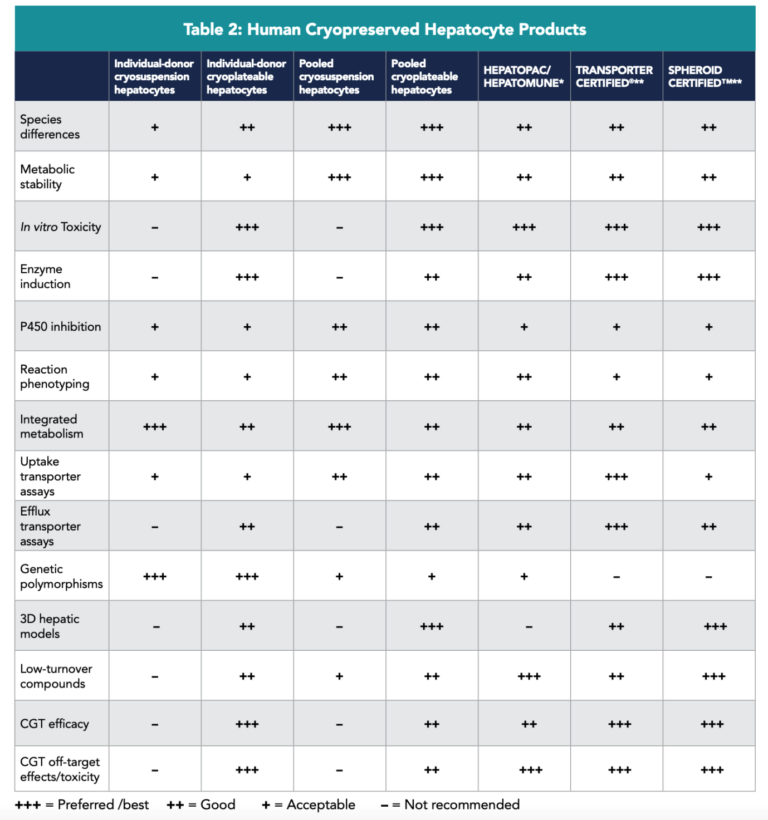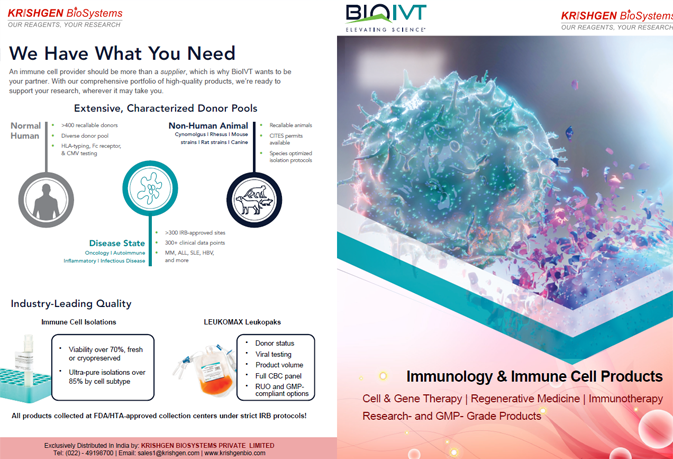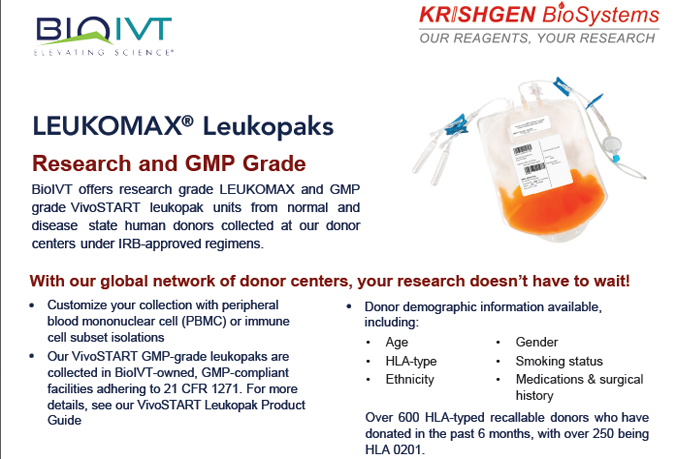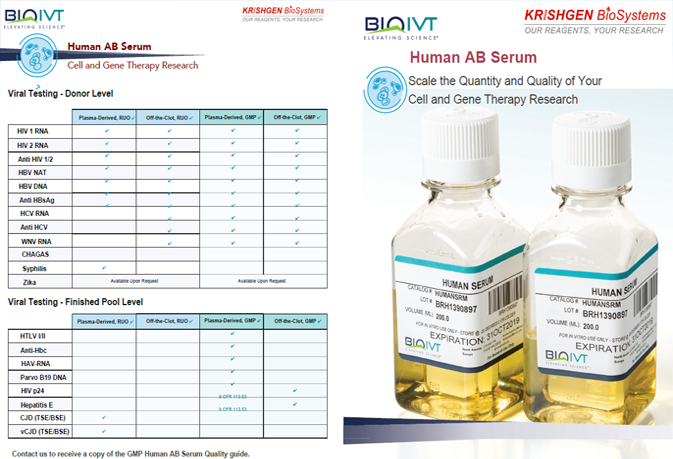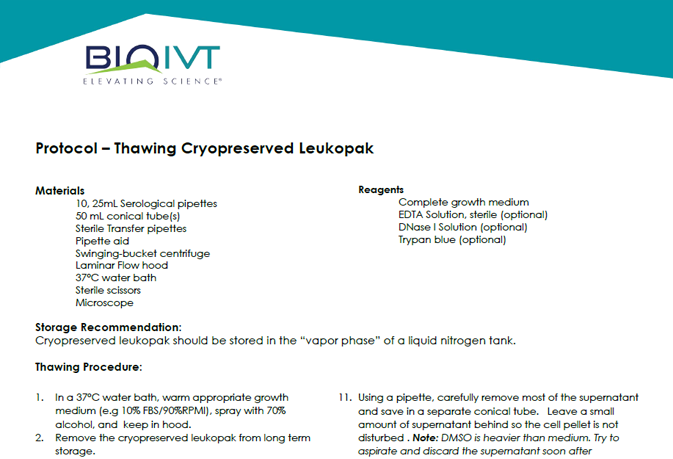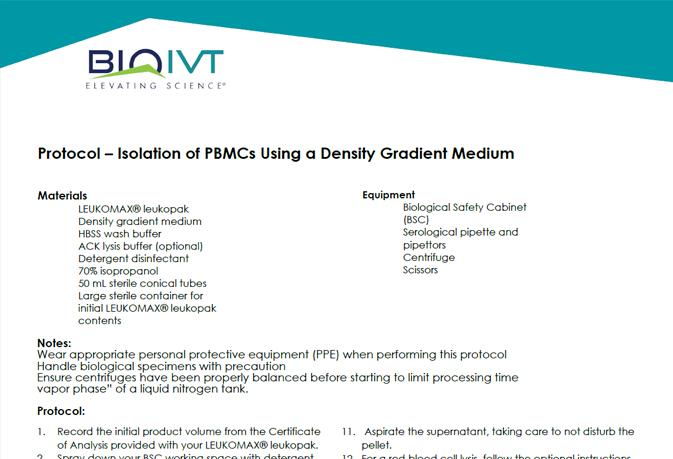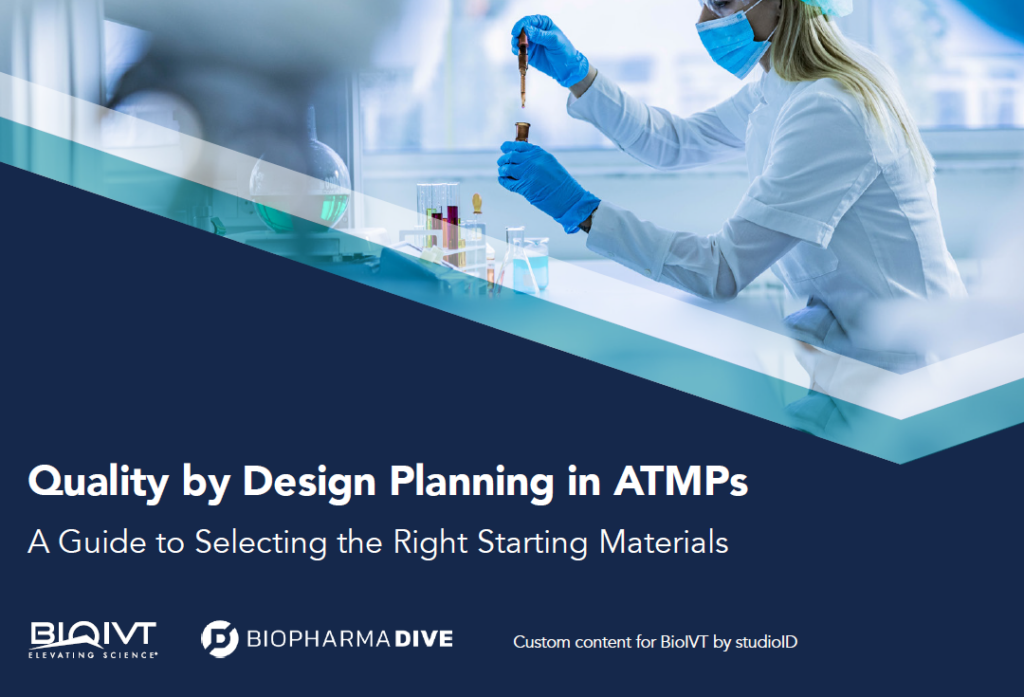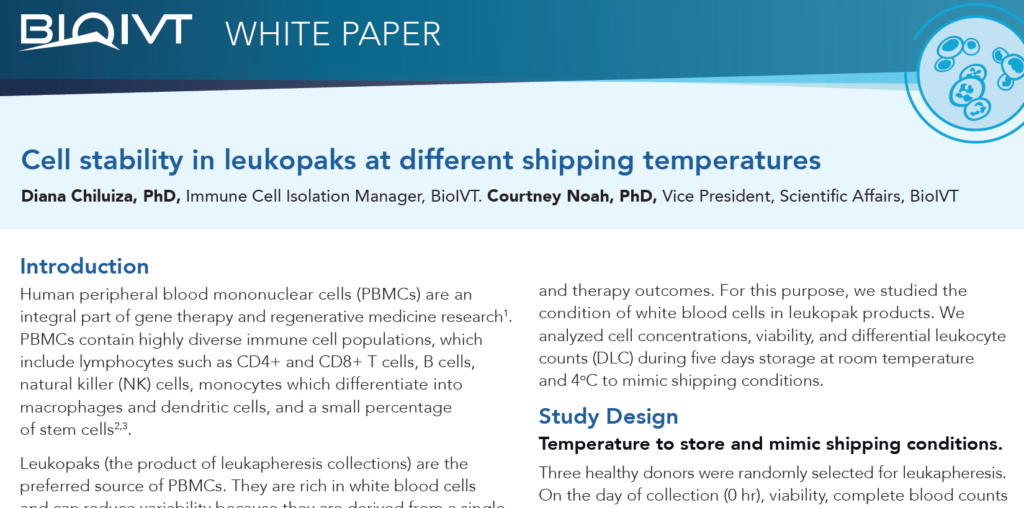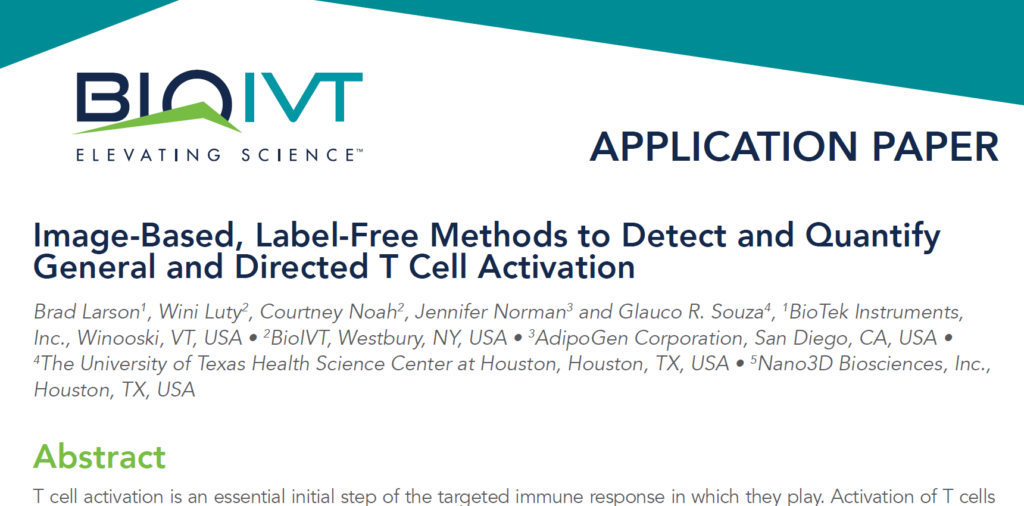Sub-cellular Fractions and Hepatocytes
Subcellular Fractions for Toxicology Studies
Krishgen Biosystems provides a comprehensive range of sub-cellular fractions and hepatocytes for toxicology and ADME/DMPK research. Our offerings include high-quality human and animal-derived microsomes, S9 fractions, cytosolic fractions, and cryopreserved hepatocytes, sourced from industry-leading partners such as BioIVT. These products are rigorously tested to ensure consistency and reliability in metabolic and pharmacokinetics studies, enabling researchers to perform accurate in vitro and ex vivo analyses.
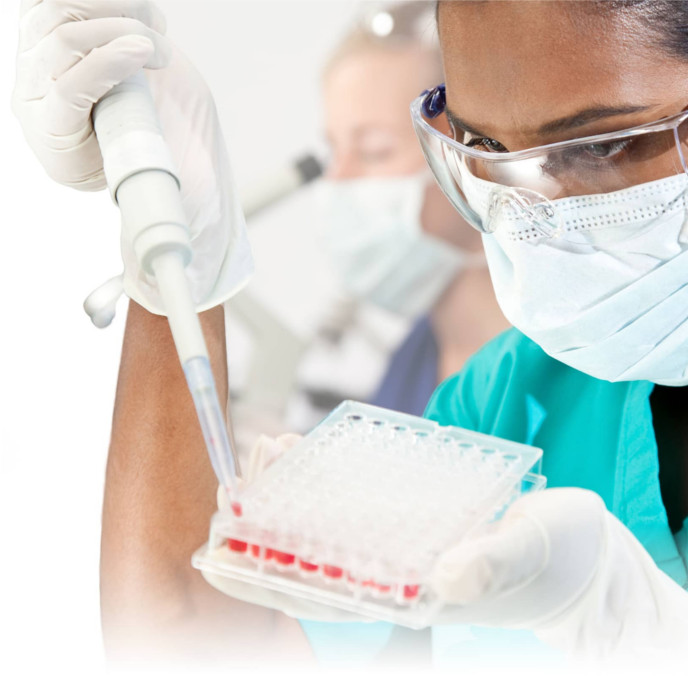
Hepatocytes
Human / Animal CryoPlateable Hepatocytes
Human / Animal CryoSuspension Hepatocytes
Specialised Hepatocytes
Immortalized Hepatocytes
Sub-Cellular Fractions
Human / Animal S9 Fractions
Human / Animal Microsomes
Organelles
Cytosol
Homogenates
From our partners we provide subcellular fractions, hepatocytes, microsomes and tissues for ADME application:
Applications of Sub-Cellular Fractions and Hepatocytes
- Drug Metabolism Studies: Evaluate Phase I and Phase II metabolism using microsomes, S9 fractions, and hepatocytes.
- Toxicity Testing: Assess hepatotoxicity and enzyme inhibition to predict drug safety profiles.
- Transporter Studies: Investigate uptake and efflux mechanisms using transporter-certified hepatocytes.
- Enzyme Induction/Inhibition: Characterize CYP activity and drug-drug interaction potential.
Key Advantages of BioIVT:
- Comprehensive Product Range: High-quality liver microsomes, S9 fractions, and Transporter-Certified™ Hepatocytes for ADME/DMPK studies.
- Innovative Solutions: Cutting-edge tools for drug metabolism, transporter studies, and enzyme activity.
- Tailored Options: Customizable products to meet specific experimental and research requirements.
- Expert Support: Decades of experience with unmatched technical guidance and regulatory compliance assistance.
- Uncompromising Quality: Rigorous testing ensures consistent, reliable results for high-confidence research outcomes.
Characterization data include:
- Validity
- Yield
- Monolayer Confluency
- CYP Induction
- Genotype
- Cytochome P450 (CYP) and UDP-glucuronosyltransferases (UGT) Metabolism
- NAS Score
Key Highlights:
Our products are designed to meet high standards of reliability and performance, offering:
- Large lot sizes for scalability and reproducibility
- Extensive inventory to ensure availability
- High viability and consistency across experiments
- Proprietary technologies for enhanced performance
- Specialized test systems for targeted analyses
- Robust supply chain infrastructure for reliable delivery
Hepatocytes:
BioIVT offers a wide variety of hepatocyte test systems. They can provide immortalized or primary cells, fresh or cryopreserved, animal or human hepatocytes in the format of your choice. Explore the table below to see the differences in the various products. Need support in choosing the right format of hepatocytes for your research? Get in touch with our application team today!
Subcellular fractions:
Homogenate
We offer a standard and premium homogenate.
Our standard homogenate is prepared from frozen tissue and our
premium homogenate is prepared from fresh tissue.
If enzyme activity is important for your assay then select the premium homogenate. Homogenate prepared from fresh tissue has a higher chance of maintaining its activity versus frozen tissue.
Both homogenate products are prepared using our standard operating protocol (SOP). We mechanically disrupt the tissue in a proprietary buffer which creates a slurry of tissues and cells. Protein concentration is measured and vialed to your desired specifications. We can homogenize the tissue in other buffers like PBS, HBSS, Sterile Water or any other buffer that is required.
Can Be Prepared From Human and Animal Tissue Types
| Adipose | Aorta | Bladder | Brain | Cervix |
| Colon | Diaphragm | Embryo(s) | Eye(s) | Gall bladder |
| Heart | Hypothalamus | Intestine (Large) | Intestine (Small) | Kidney |
| Liver | Lung(s) | Lymph Node | Muscle | Ovary |
| Pancreas | Prostate | Skin | Spinal Cord | Spleen |
| Stomach | Testicles | Thymus | Thyroid | Tonsil |
| Uterus |
And More
Note: Some tissue types may be limited to specific species.
Species Offerings
Our human tissue is ethically procured from our tissue networks typically within 24 hours post-mortem. Serology information is provided along with some medical history.
Animal tissue can be customer supplied or outsourced based on your requirements.
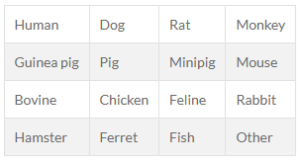
Microsomes
Microsomes manufactured from a wide variety of options. Can be customized to your specifications.
Standard product offering includes microsomes prepared from human and animal liver, kidney, lung, intestine, and skin tissues through a differential centrifugation process at varying speeds resulting in a purified microsomal product.
Microsomes are artificial, vesicle-like structures formed from pieces of the endoplasmic reticulum during the tissue homogenization step. They contain the highest concentration of many important drug-metabolizing enzymes including cytochrome P450 (CYP) and UDP-glucuronosyltransferase (UGT) enzymes.
Microsomes can be customized to your specifications:
- Large donor pools for higher accuracy in average activity levels
- Large lots for consistency between assays
- Modified buffer formulations
- PMSF-Free
- Vial configuration
- Protein concentration (mg/mL)
- Enzyme characterization
- Customer supplied tissue
- Matched sets (microsomes, S9, and cytosol)
S9
A wide variety of phase I and phase II enzymes.
Mixture of cytosolic and microsomal enzymes.
S9 fractions contain the microsomal and cytosolic components of the cell. S9 fractions are achieved after the first low-speed centrifugation of the tissue homogenate, located in the supernatant. S9 fractions contain both phase I and II metabolism enzymes providing an almost complete metabolite profile.
They are commonly used to measure in vitro intrinsic clearance or metabolite ID. Co-factors like UDPGA and PAPS must be used when investigating phase II metabolic pathways.
S9 can be customized to your specifications.
- Tissues types
- Modified buffer formulations
- Vial configuration
- Protein concentration (mg/mL)
- Enzyme characterization including aldehyde oxidase (AO) and xanthine oxidase (XO)
- Customer supplied tissue
- Matched sets (microsomes, S9 and cytosol)
Cytosol
Cystosol comes in a wide variety of soluble drug-metabolizing enzymes.
Commonly used to support in vitro ADME (Absorption, Distribution, Metabolism, and Excretion).
BioIVT offers matching cytosol that is produced from the same human donors used for other subcellular products, ensuring consistency, reliability, and better correlation with patient profiles.
Custom Pooling can further improve correlation by specifying donor demographics or enzymatic activity characterization.
Cytosol products are also prepared from other species including rat, mouse, dog, monkey, rabbit, minipig, guinea pig, and hamster.
Organelles
BioIVT offers a comprehensive range of subcellular fractions and isolated organelles to support research in drug metabolism, pharmacokinetics, and toxicology. Their high-quality preparations include mitochondria, lysosomes, peroxisomes, and other organelles, ensuring reliable and reproducible results in various in vitro applications. These products are meticulously prepared to maintain the functional integrity of each organelle, facilitating accurate studies of cellular processes and interactions.
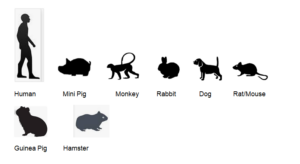
BioIVT offers preparations of homogenate, S9, cytosol, microsomes, and mitochondria from hepatic and extrahepatic tissue for use with in vitro assays to predict a drug compound’s behavior in a human.
Did You Know? Microsomes and S9 fractions can be customized to your specifications!
- Large donor pools for higher accuracy in average activity levels
- Large lots for consistency between assays
- Modified buffer formulations
- PMSF-Free
- Vial configuration
- Protein concentration (mg/mL)
- Enzyme characterization
- Customer supplied tissue
- Matched sets (microsomes, S9, and cytosol)
Flyers and Product Guides
- Flyers
- Product Guides
- White Papers
- Application Notes
If you cannot find what you are looking for, our application support team can find it for you! Get in touch today.
Frequently Asked Questions
The use of the proper anticoagulant is important, as the wrong one can interfere with your studies. Please read our blog for more information and ensure you are working with the biospecimen for your downstream workflow.
At BioIVT we have 7 gender designations for individual and pooled genders, they are:
- Female - Individual Female
- Male - Individual Male
- Gender Unspecified - Individual with no specification of Male or Female
- Female Pooled - Pooled Females, at least 2
- Male Pooled - Pooled Male, at least 2
- Gender Pooled - Pooled Male/Female at known numbers of each
- Gender Unspecified Pooled - Pooled Male/Female with unknown numbers of each gender
The amount of biofluid or tissue that can be procured is animal and strain dependent. Please click here for a handy chart that answers your questions.
We generally provide the following information about each of the donors on the COA: Age, Gender, Race, Tobacco Use, Alcohol Use, Prescription Medication Use, Non-prescription Drug Use, Significant Medical History, and Cause of Death.
For ethical and privacy reasons we do not provide any information which might identify the donor.
The characterization information for cryopreserved hepatocytes, microsomes, and S9 products can be found online by viewing the Characterization Tables below.
Alternatively, there is characterization information found on the respective product pages under the Resources tab.
Cryopreserved products should be stored in liquid nitrogen vapor phase (-150°C or below). Detailed handling and thawing instructions are provided with each product.
When stored correctly, cryopreserved products typically have a shelf life of 12 to 24 months. Check the product datasheet for specific details.
In-stock products are shipped within 3–5 business days. Custom or bulk orders may require additional lead time, which we’ll communicate during the ordering process – typically 2 – 3 weeks.
Cryopreserved hepatocytes are shipped in liquid nitrogen vapor phase containers to maintain ultra-low temperatures and preserve product quality. These are hand-delivered by Krishgen team members pan-India.
Fractions are shipped in dry ice.
Cryopreserved products should be immediately transferred to liquid nitrogen vapor (-150°C or below). Other fractions may have specific storage instructions detailed on the product datasheet
Krishgen (and BioIVT) offer reservation of particular lots only against purchase orders received. These can be “open” purchase orders with the total quantity, with delivery of products staggered over the required time period. Speak to our inside sales team to set up a lot reservation for you.



